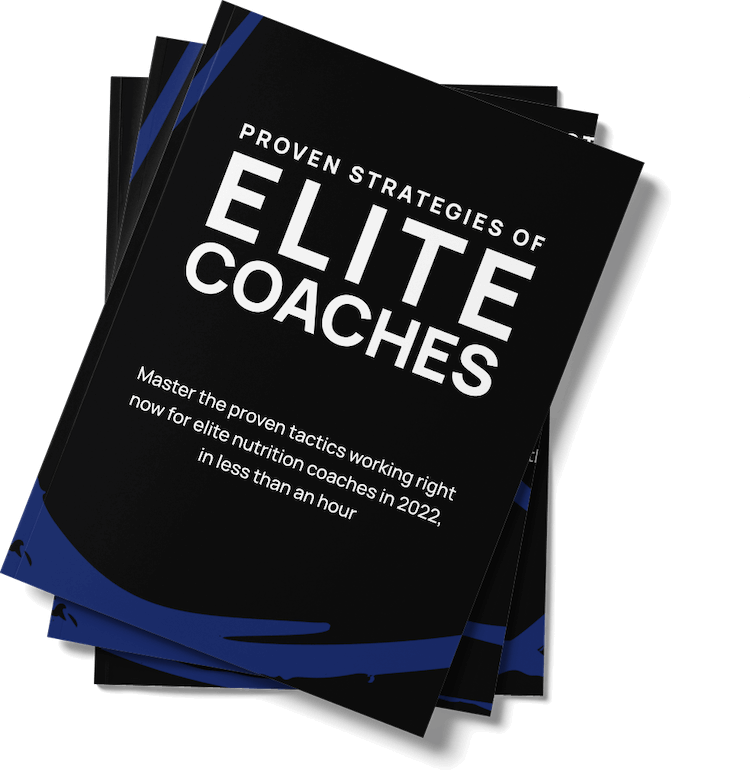
Emotional Affairs Are Still Cheating - Here's How to Spot One

by Stacey Levenson | June 6th, 2025

In my years of working with couples, I've witnessed the devastating impact of emotional affairs—betrayals that happen without any physical contact but leave relationships just as wounded as traditional infidelity. The pain is real, the trust is broken, and the confusion is often overwhelming because there's no clear "smoking gun" like with physical affairs.
The reality is that emotional affairs are becoming increasingly common in our hyperconnected world, where we have unprecedented access to people outside our primary relationships through social media, workplace communication, and dating apps that some use "just for friendship." Yet many people genuinely don't realize they've crossed a line until significant damage has been done.
If you're questioning whether you or your partner might be involved in an emotional affair, or if you want to understand how to protect your relationship from this form of betrayal, this article will help you recognize the warning signs and understand why emotional fidelity matters just as much as physical fidelity.
What Exactly Is an Emotional Affair?
An emotional affair occurs when someone in a committed relationship develops a deep emotional connection with someone outside that relationship—a connection that violates the boundaries of their primary partnership. It involves sharing intimate thoughts, feelings, and experiences with someone other than your partner in ways that create emotional and romantic intimacy.
The key distinction isn't just about having close friendships or meaningful connections with others. We all need supportive relationships beyond our romantic partnerships. An emotional affair specifically involves secrecy, romantic or sexual tension, and emotional energy that gets diverted away from your primary relationship.
Think of it this way: if you wouldn't feel comfortable having your partner read every message, know about every conversation, or observe every interaction you have with this person, you're likely in emotional affair territory.
The Clear Warning Signs
1. The Secrecy Factor
The most telling sign of an emotional affair is secrecy. You find yourself deleting messages, hiding phone calls, or feeling nervous when your partner asks about your interactions with this person. You might rationalize this by thinking "they wouldn't understand" or "it's innocent, but they'd get jealous," but secrecy itself is a red flag.
Healthy friendships don't require hiding. If you're concealing the depth, frequency, or nature of your connection with someone, ask yourself why. Usually, it's because some part of you recognizes that boundaries are being crossed.
2. Emotional Energy Shift
You notice that your excitement, emotional support, and mental energy are increasingly directed toward this other person rather than your partner. You find yourself looking forward to their messages more than conversations with your partner. You share your daily experiences, frustrations, and victories with them first, or even exclusively.
This shift often happens gradually, which is why it can be hard to recognize. You might not consciously decide to prioritize this person—it just starts feeling more natural and rewarding to turn to them for emotional connection.
3. Comparing and Complaining
You begin comparing this person favorably to your partner, either mentally or in conversations with friends. Thoughts like "they really understand me" or "they appreciate me in ways my partner doesn't" become common. You might find yourself complaining about your partner to this person, or discussing your relationship problems with them instead of addressing them directly with your partner.
This comparison trap is particularly dangerous because it's inherently unfair. You're comparing someone who knows only your best self and has no daily responsibilities with you to someone who deals with your stress, bad moods, and mundane realities.
4. Romantic or Sexual Undertones
Even without physical contact, emotional affairs often involve romantic or sexual tension. This might manifest as flirtatious texting, sharing fantasies, discussing what you'd do if you were both single, or having conversations that feel charged with romantic possibility.
You might tell yourself it's "just fantasy" or "harmless flirting," but these interactions create emotional and sexual intimacy that belongs in your primary relationship.
5. Time and Attention Obsession
You find yourself constantly thinking about this person, checking for their messages, or rearranging your schedule to be available when they are. The relationship starts consuming significant mental and emotional bandwidth, often at the expense of your attention to your partner and your primary relationship.
6. Justification and Rationalization
You develop elaborate explanations for why this connection is innocent, necessary, or different from an affair. Common justifications include "we're just friends," "my partner doesn't meet my emotional needs," "nothing physical has happened," or "this person understands me in ways my partner never could."
While these statements might contain elements of truth, they often serve to avoid acknowledging that boundaries are being violated and that your primary relationship is being undermined.
The Devastating Impact
Emotional affairs can be just as damaging as physical ones, sometimes more so. When partners discover an emotional affair, they often report feeling like their most intimate space—their emotional connection—has been violated and shared with someone else.
The betrayed partner may struggle with questions like: "What did they share about me?" "How long were they discussing our problems with this person?" "Do they love them?" These questions can be harder to answer and resolve than the more concrete realities of physical infidelity.
Additionally, emotional affairs often continue longer than physical ones because they're easier to rationalize and hide. This extended timeline can mean deeper emotional investment and more complex feelings to untangle when the affair is discovered or ends.
Why People Fall Into Emotional Affairs
Understanding how emotional affairs develop doesn't excuse them, but it can help both prevention and healing. Most people don't set out to have an emotional affair. Instead, they often develop during periods of relationship stress, major life changes, or unmet emotional needs.
Common triggers include feeling unappreciated in your primary relationship, going through major stress or transition, spending significant time with someone through work or shared activities, or feeling like your partner doesn't understand or support important aspects of your life.
The key insight is that emotional affairs often fill gaps that exist in the primary relationship—but instead of addressing those gaps directly with your partner, the emotional energy gets redirected elsewhere.
Digital Age Complications
Social media, texting, and online communication have made emotional affairs both easier to conduct and harder to define. The constant accessibility of people outside your relationship, combined with the intimate nature of written communication, creates new opportunities for boundary-crossing.
Many emotional affairs now begin innocuously through social media interactions, work communications, or even through online gaming or hobby groups. The gradual increase in intimacy can make it difficult to pinpoint when friendship crossed into affair territory.
How to Protect Your Relationship
The best defense against emotional affairs is creating a strong, transparent primary relationship where both partners feel heard, valued, and emotionally connected. This doesn't mean you'll never be attracted to or connected with someone else, but it does provide a strong foundation for navigating those feelings appropriately.
Establish clear boundaries about outside friendships, especially with people you find attractive or particularly compatible. Discuss what feels comfortable for both of you regarding social media interactions, one-on-one time with friends, and sharing relationship details with others.
Make your primary relationship the place where you turn first for emotional support, excitement sharing, and intimate conversation. This doesn't mean your partner must meet every emotional need, but they should be your primary emotional confidant.
If You're in One Now
If you recognize yourself in these descriptions, the first step is honest acknowledgment. Stop telling yourself it's "just friendship" if deeper feelings and secrecy are involved.
You have two ethical choices: end the emotional affair completely, or end your primary relationship before continuing to pursue this connection. There is no middle ground that doesn't involve ongoing betrayal.
Ending an emotional affair means complete cessation of non-essential contact, transparency with your partner about what happened, and commitment to rebuilding trust in your primary relationship. This is difficult but necessary work.
Moving Forward
Whether you're recovering from an emotional affair or working to prevent one, remember that emotional fidelity is a choice you make daily. It's about where you direct your emotional energy, intimacy, and romantic attention.
Strong relationships require ongoing attention, communication, and emotional investment. When we stop putting that energy into our primary partnership, we become vulnerable to directing it elsewhere. The goal isn't to never feel connected to anyone else, but to maintain appropriate boundaries that protect and prioritize your committed relationship.
If you're struggling with these issues, consider couples therapy. A skilled therapist can help you rebuild trust, improve communication, and create the kind of emotional connection that makes outside affairs less tempting and less necessary.
Remember: your relationship deserves your full emotional presence. Anything less isn't just unfair to your partner—it's unfair to you both.





